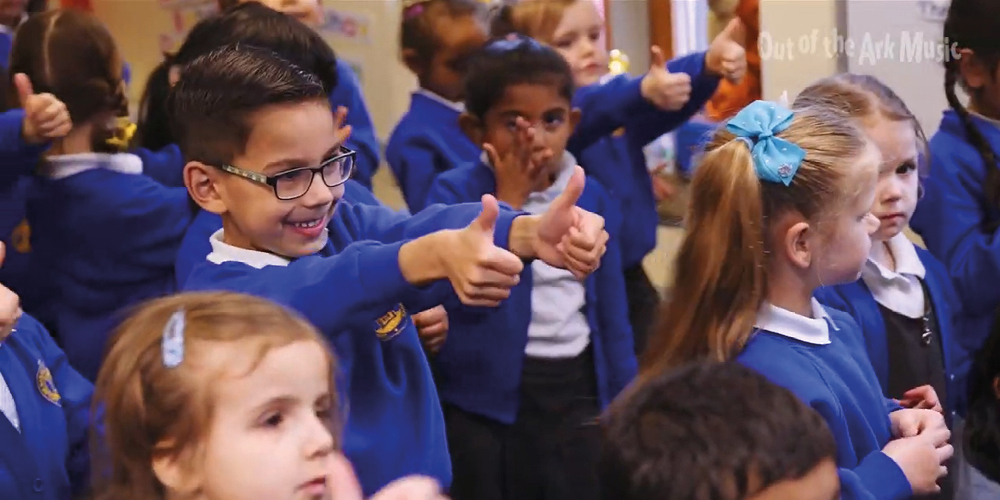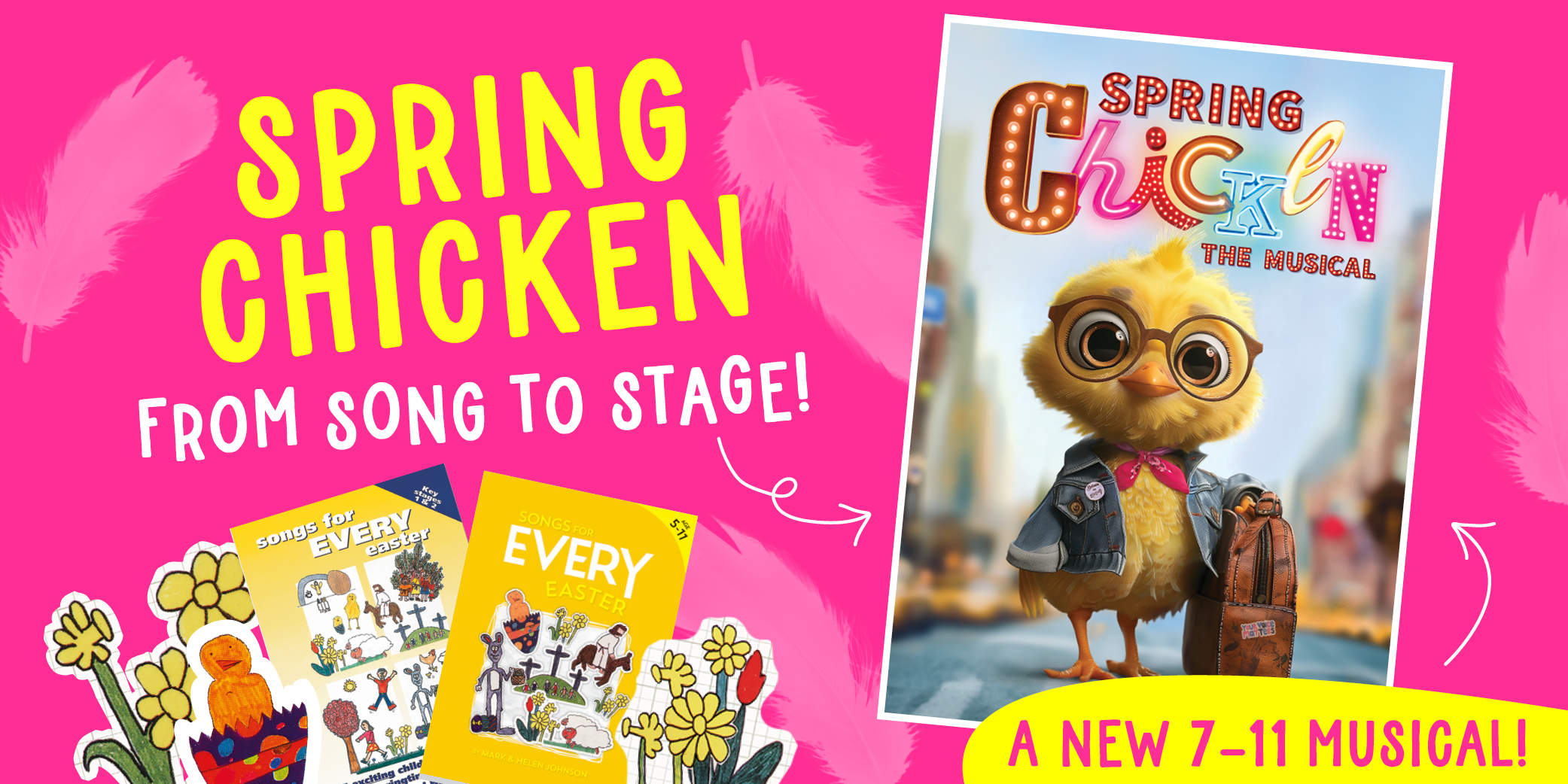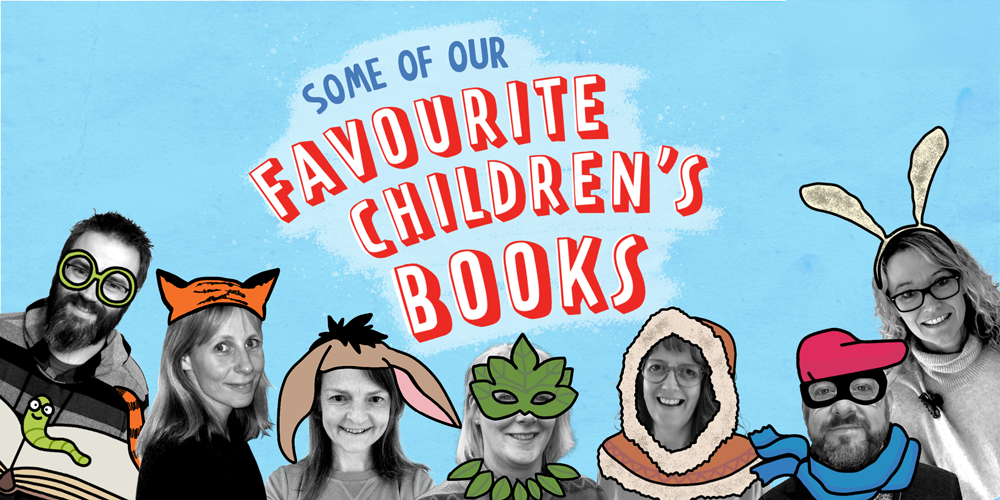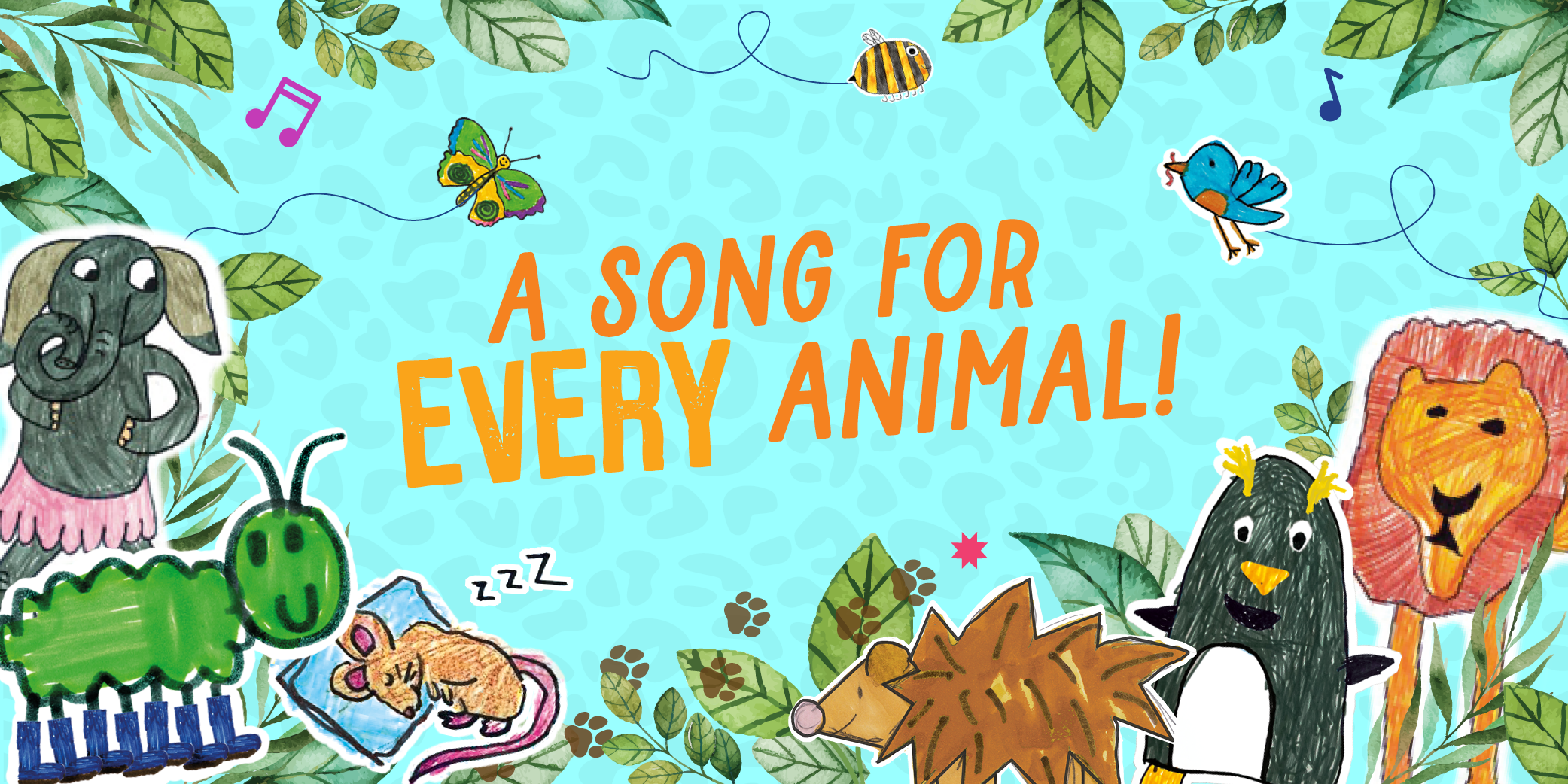
Close your eyes for a moment and think about a favourite piece of music – that one song that really does it for you. Perhaps it’s an Adele hit, or a bit of Coldplay, a Justin Bieber track or a snatch of Mozart or Mahler? Whatever your answer, I’m willing to bet that you weren’t struggling to come up with a single piece you could choose. Odds are that you have a ton of music you like listening to, and your favourite will change depending on your mood. What might be a perfect accompaniment for romantic night in is likely not to cut it if you’re heading for a roof-down blast to the beach on a hot summer’s day… So perfectly does music capture the essence of a time, place, experience or feeling that our lives can be catalogued by the music we’ve loved.
The relationship we have with music starts early. Research from the Universities of Helsinki and Jyväskylä (subsequently reported by the NHS) shows that the brain activity of babies whose mothers regularly played a lullaby in pregnancy was stronger when similar music was played after birth and at four months. The researchers go on to suggest that prenatal exposure to music may influence brain development at a critical period for the development of the auditory system. Readers will probably already be familiar with the many studies that highlight music’s ability to improve social cohesion, to speak across cultural and racial divides, heal social wounds and to promote wellbeing (just ask any of the tens of thousands of people who sing together in choirs each week).
It is also widely recognised that it can be extremely effective at supporting, even improving academic performance in the young. And more important still, music is one of those rare activities through which we can learn how it feels to feel. No need for words, no requirement to define or explain; it’s ok if words allude us, it’s alright if we don’t have quite the vocabulary to describe – it’s enough just to experience. That’s not to say, of course, that there isn’t an important place for trying to communicate feelings, but we need to be in touch with what we are feeling before we can attempt to tell somebody else about it. And of course, music also provides us with a powerful way to share and express our emotions wordlessly.
In a normal year, the music industry in Britain is worth more than £4bn a year. From Britpop to the London Symphony orchestra, music is one of our most successful products, both domestically and as an export. Music pervades our everyday lives, whether we’re watching a film, being (subconsciously) influenced by an advert’s soundtrack, watching a live gig (global pandemics aside), listening to our children sing in the playground, or even just singing in the shower… So, given all of this, how do find ourselves in the lamentable position where increasing pressure on funding has resulted in music (and other arts subjects) being squeezed from the curriculum in thousands of schools across the country?
What is it about this amazing artform that makes it so resilient to the apparent efforts to undermine, undervalue and certainly underfund it? Could it be that it is essential – and by that I don’t just mean important – I mean fundamentally necessary to our very existence and proper functioning as members of the human race?
We live in an exciting age, but one in which scientific advancements can seem daily to erode the essence of being human – other apes and some birds use tools proficiently; cuttlefish pass the Stanford marshmallow test (look it up!) and even language and its bedfellow complex culture, seem no longer to be the birth right solely of Homo sapiens – just ask the whales and the dolphins. Is it possible that the deep need to create music, alongside our universal appreciation for it, is one of those things that defines and characterizes the uniqueness of humanity? Certainly, if music is not essential why do we devote so much time, energy and effort into its production, collection and possession?
I believe that music is indeed essential, in the truest sense of the word. And if it is, what does that then mean in the context of education and the hurly-burly of school life?
If a need to experience music is indelibly printed onto our DNA then surely it should also be an irradicable fixture of everyday school experience, properly embedded as part of the whole-school curriculum, placed firmly in the hands of every single teacher, available to every child. And if music is indeed ‘fundamental’ then we’d be foolish, to the point of failing our children, not to recognise its power in a school setting.
Cultural learning – our experience of music, art literature, drama – is the thing that raises us above just being expendable parts of the ravenous, ever-growing beast that is economic expansion. It is vital that our children experience (and participate in) the arts every day of their lives: they lift sights and raise ambition; they bring self-awareness and a glimpse into possibilities hitherto unimagined. Cultural education is a prerequisite for social equality, and we owe that, at least, to our kids!
Of course, I am not advocating that core subjects like maths and English should in any way be moved aside. Both are essential in their own ways: allowing individuals to negotiate the practical complexities of the adult world that we all have to inhabit. What I am saying though, is that regular engagement in cultural activity gives children something different, but equally vital. It is an important path to emotional literacy, bestowing the ability better to navigate the exogenous social complexities that act upon them, as well as managing their own endogenous responses to an increasingly pressured environment – one in which they have to juggle many seemingly irreconcilable priorities. Ultimately, cultural awareness is a key factor in attaining Maslow’s goal of self-actualization. More prosaically, emotionally literate children grow up able to communicate more effectively and form better relationships. They are also more self-aware and better prepared to deal with the challenges that life inevitably throws up – whether they be facing exams, contemplating moving away from home, facing career choices or dealing with a viral pandemic.
I’m prepared to bet that there are precious few weddings, funerals, christenings, bar mitzvahs or birthdays that are celebrated with a reading of the Tsiolkovsky rocket equation, or with favourite excerpts from the service manual for an Indesit 3000. Those things are, of course, important (critical even if you want respectively either to land on Mars or avoid picking pinked shirts and socks from the wash), but it is invariably artistic expression that marks the important milestones by which our lives are measured.
Education must not be just about skilling our children to be shopkeepers, engineers, bank clerks, etc. It is imperative that cultural learning has a seat at the high table of education planning. Cultural conversance is a birth right, essential in helping children toward self-actualization. It’s the solution to educating the young to dream and to believe in all that they can become as members of our extraordinary human race.
I’d argue that now, in the darkest of situations, it is time to see the light: perhaps COVID – the architect of so much global turmoil – gives us an opportunity for a reboot: a rethink into educational priorities, and a chance to put culture at the heart of our children’s education.




